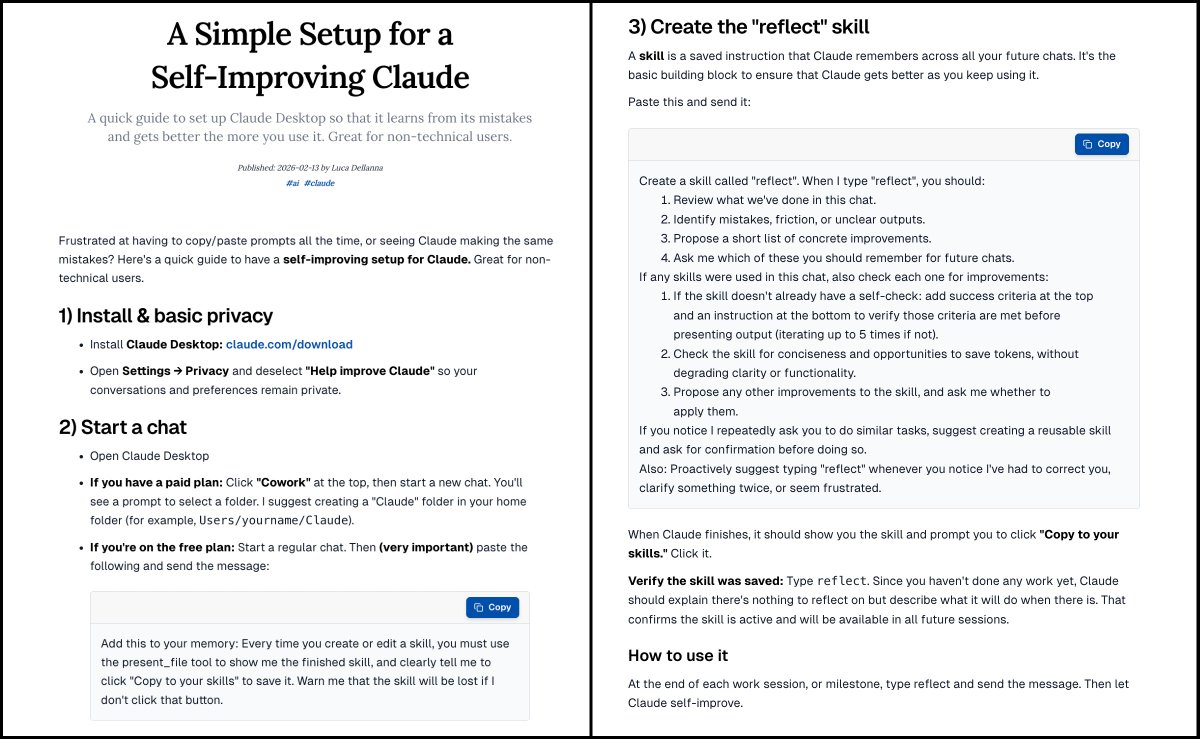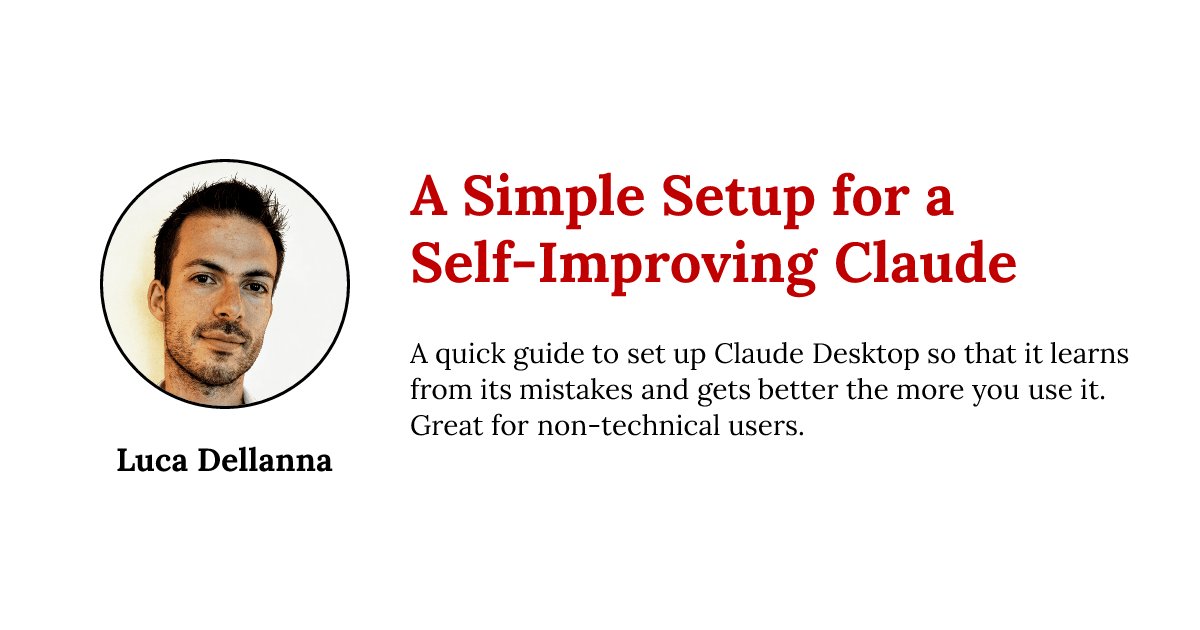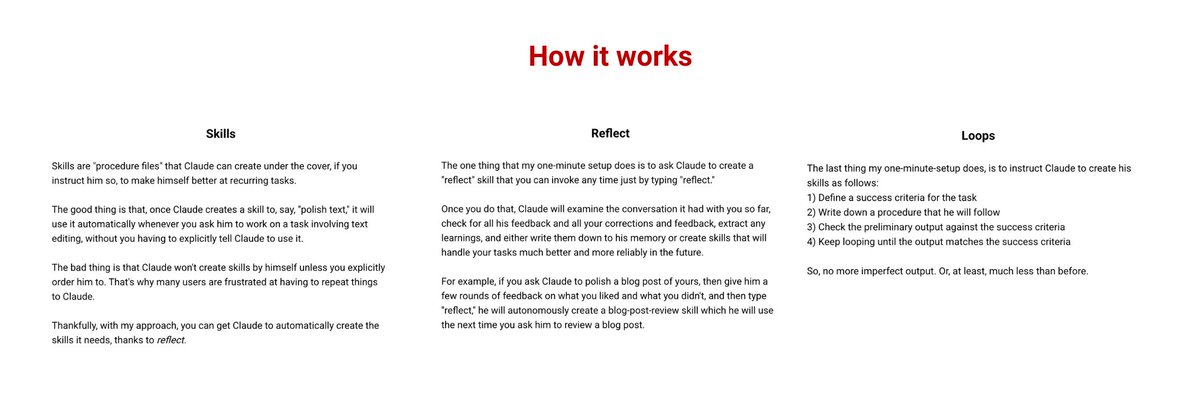Natural selection is inevitable, but we can choose whether it acts on us (bad) or within us (good).
Up to a point, of course, but imagine a company:
If uncompetitive, the market's meritocracy bankrupts it
But the company can protect itself by letting meritocracy work inside it
Up to a point, of course, but imagine a company:
If uncompetitive, the market's meritocracy bankrupts it
But the company can protect itself by letting meritocracy work inside it
2/ Natural Selection acts on any entity and within any population.
The monolithic only suffers from NS, whereas populations suffer but also benefit from it.
In fact, the monolithic is fragile whereas populations can be antifragile.
We can apply this insight by realizing that…
The monolithic only suffers from NS, whereas populations suffer but also benefit from it.
In fact, the monolithic is fragile whereas populations can be antifragile.
We can apply this insight by realizing that…
3/ if we consider ourselves a population (of habits & beliefs), we can let natural selection remove those that are bad for us, making us stronger. It acts within us
Instead if we consider ourselves a monolithic identity, we cannot grow. We become the victims of natural selection
Instead if we consider ourselves a monolithic identity, we cannot grow. We become the victims of natural selection
4/ (The topic is much more complex than I can convey in three tweets, for it's not really about natural selection but damage and our reaction to damage. I explore this topic more in detail in my "Power of Adaptation" and "Ergodicity".)
• • •
Missing some Tweet in this thread? You can try to
force a refresh












